
China’s once-isolated stock markets are becoming more relevant to international investors. In the latest shift, MSCI Inc. MSCI 0.27% has given mainland shares more sway in some of its widely tracked indexes. Here’s what’s at stake.
MSCI Influences a Lot of Investors
It and other benchmark providers are hugely influential. For example, MSCI reckons more than $1.8 trillion of assets are benchmarked against its emerging-market indexes. And more than $700 billion of exchange-traded funds track MSCI indexes, a sum that has more than doubled in five years.
Passive funds that replicate benchmarks like the MSCI Emerging Markets Index will be compelled to add more domestic Chinese stocks to portfolios. Active managers that compare their performance to MSCI benchmarks could also be encouraged to bulk up.
Major Sway
Decisions by MSCI influence hundreds of billions of dollars invested in exchange-traded funds.
Global investors are wading into one of the world’s biggest pools of shares, as measured by market capitalization. The Shanghai and Shenzhen exchanges together have overtaken their Japanese rivals in the past decade.
Global Force
China's two onshore exchanges together account for a big chunk of world market value.
Foreigners have tiptoed into China’s domestic markets. But even when untradable shares held by majority owners and other key stakeholders are excluded, they remain bit players.
They account for roughly one in every 15 yuan invested in free-floating shares, statistics from Bruce Pang at HSBC Global Research show. MSCI expects its move to drive nearly $80 billion more into China.
Still Catching Up
Global investors have bought Chinese stocks in recent years, though their share of the broader marketremains small.
Equity trading is dominated by local punters, who made up 86% of trading volume last May. That is high compared with major developed markets—even compared with trading in Chinese shares listed in Hong Kong.
So foreigners could be in for a bumpy ride—but equally there could be big profit-making opportunities in a market that is prone to under- and over-shooting.
The Wisdom of Crowds
Share trading in Shanghai and Shenzhen is disproportionately dominated by individual investors—evencompared to dealing in similar stocks in neighboring Hong Kong.
For those who hug major equity benchmarks, China is already a big part of their portfolios, thanks largely to Chinese stocks listed in Hong Kong and New York.
Foreign buyers might have to do more legwork for the newer entrants, which in some cases aren’t yet covered by many research analysts at international banks.
A Whole Lot of China
Emerging-markets investing is more and more about China, at least for institutions that benchmarkagainst one influential index.
Overall, domestically listed Chinese stocks are set to increase to 3.3% of the emerging-markets benchmark by November, from just under 1%.
But their influence pales in comparison with the index’s biggest constituents. Alibaba Group Holding Ltd. and Tencent Holdings Ltd. each account for more than 4% of the index now.
Source: The Wall Street Journal
















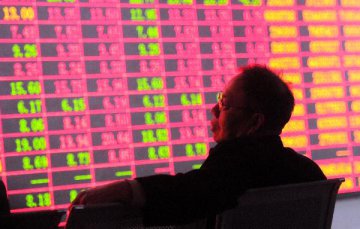
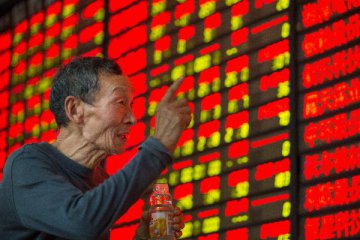
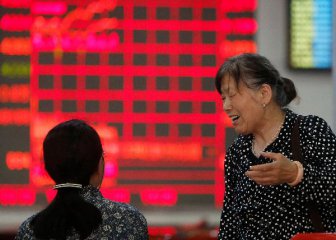

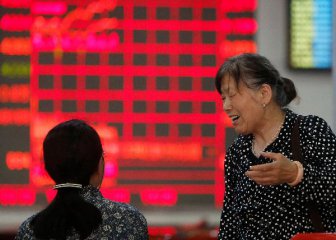
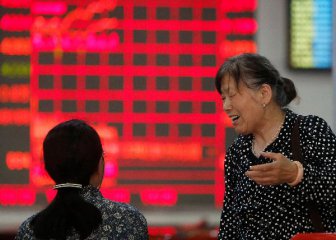


Latest comments